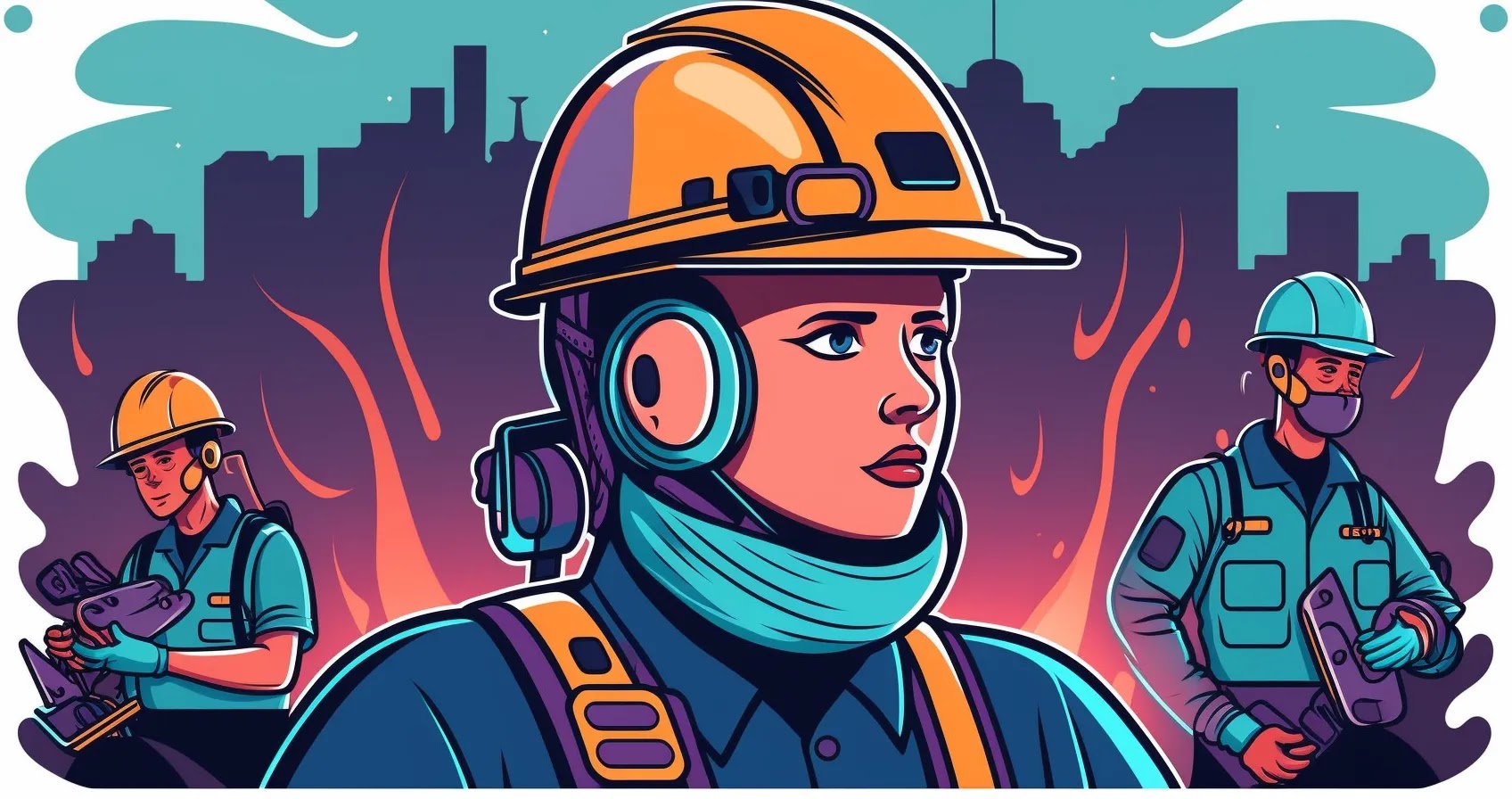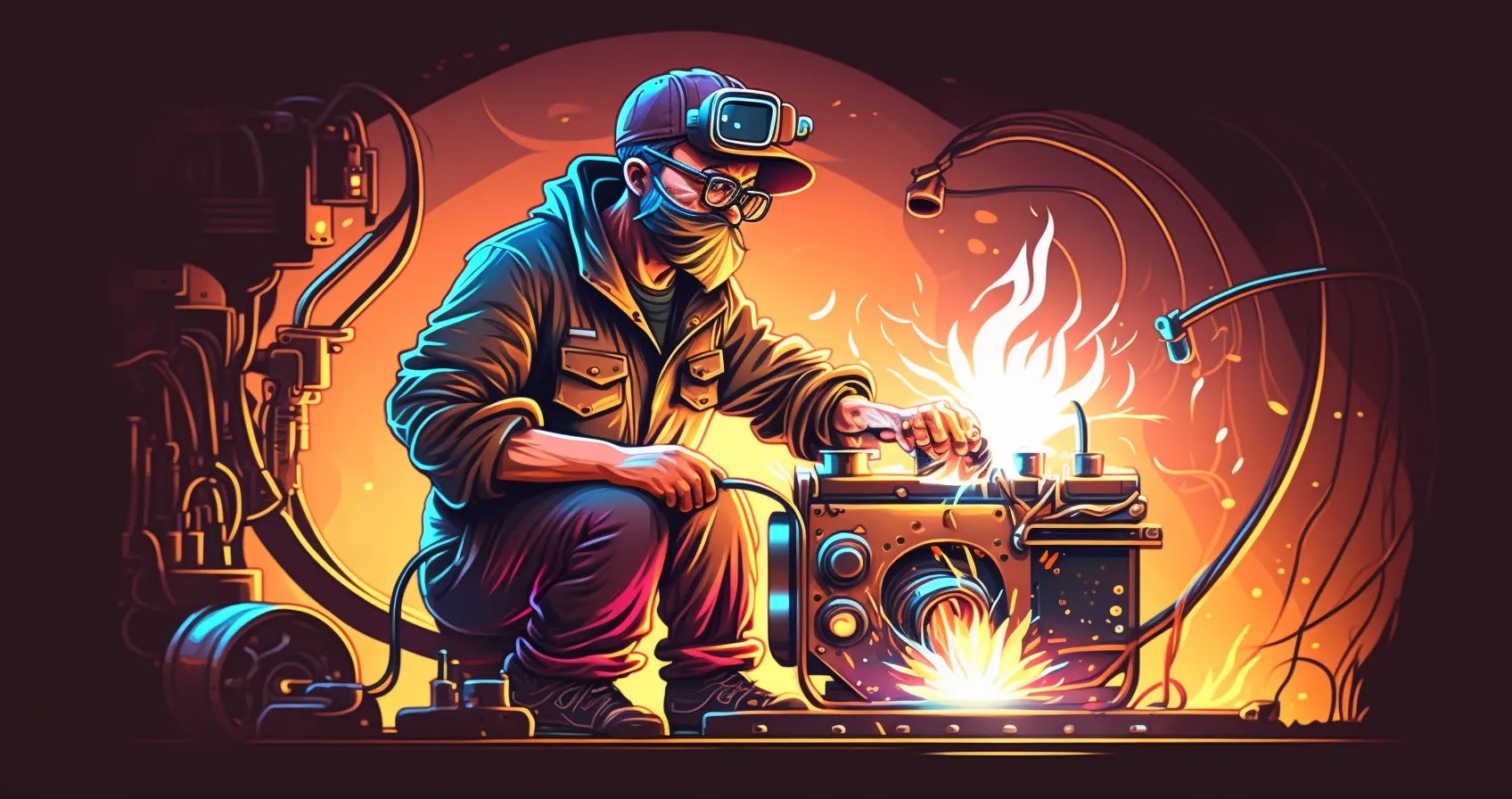Hello, I am an expert in job-related content writing and today I will be talking about becoming an Occupational Health & Safety (OHS) specialist.
Quick Navigation:
Why Become an Occupational Health & Safety Specialist?
As an OHS specialist, you will play a critical role in ensuring the safety and well-being of employees in the workplace.
You will be responsible for creating and implementing safety policies, conducting safety training, and investigating incidents to prevent future accidents.

You will also work with management to ensure compliance with local and federal safety regulations. Becoming an OHS specialist is a fulfilling career choice for those who are passionate about keeping people safe and healthy.
How to Become an Occupational Health & Safety Specialist
To become an OHS specialist, you will need a bachelor’s degree in Occupational Health & Safety or a related field.
You may also need to obtain certifications such as the Certified Safety Professional (CSP) or the Occupational Health and Safety Technologist (OHST) through the Board of Certified Safety Professionals. Some employers may also require prior experience in the field.
Career Path of an Occupational Health & Safety Specialist
As an OHS specialist, you can advance your career by taking on more responsibilities such as becoming a safety manager or director.
You can also specialize in certain industries, such as construction or healthcare, to gain more expertise. Some OHS specialists may also choose to become consultants or start their own businesses.
Career Development
To enhance your career development as an OHS specialist, you can attend training sessions and conferences to stay up-to-date with the latest safety trends and regulations.
You can also network with other professionals in the field to gain valuable insights and job opportunities.
Requirements of an Occupational Health & Safety Specialist
In addition to a bachelor’s degree and certifications, OHS specialists must have excellent communication skills to effectively train employees and communicate with management.
They must also have strong analytical skills to identify potential safety hazards and develop effective solutions.
Interview Preparation for an Occupational Health & Safety Specialist
During an interview for an OHS specialist position, be prepared to discuss your experience and qualifications for the role.
You should also be prepared to answer questions about your approach to safety and how you have implemented safety policies in the past.
Work-Life Balance
As an OHS specialist, you may work in a variety of industries and environments, which can impact your work-life balance. However, many employers offer flexible schedules and remote work options to accommodate their employees’ needs.
A Day in the Life of an Occupational Health & Safety Specialist
Here is a typical day in the life of an OHS specialist:
| Time | Task |
|---|---|
| 8:00am | Review incident reports from the previous day |
| 9:00am | Conduct safety training for new employees |
| 11:00am | Inspect job site to identify potential safety hazards |
| 1:00pm | Meet with management to discuss safety policies and compliance |
| 3:00pm | Investigate a recent accident and develop a plan to prevent future incidents |
| 5:00pm | Wrap up for the day |
Wrapping Up
In conclusion, becoming an Occupational Health & Safety specialist is a rewarding career choice for those who are passionate about keeping people safe and healthy in the workplace.
With the right education, certifications, and experience, you can advance your career and make a positive impact on the world of work.










